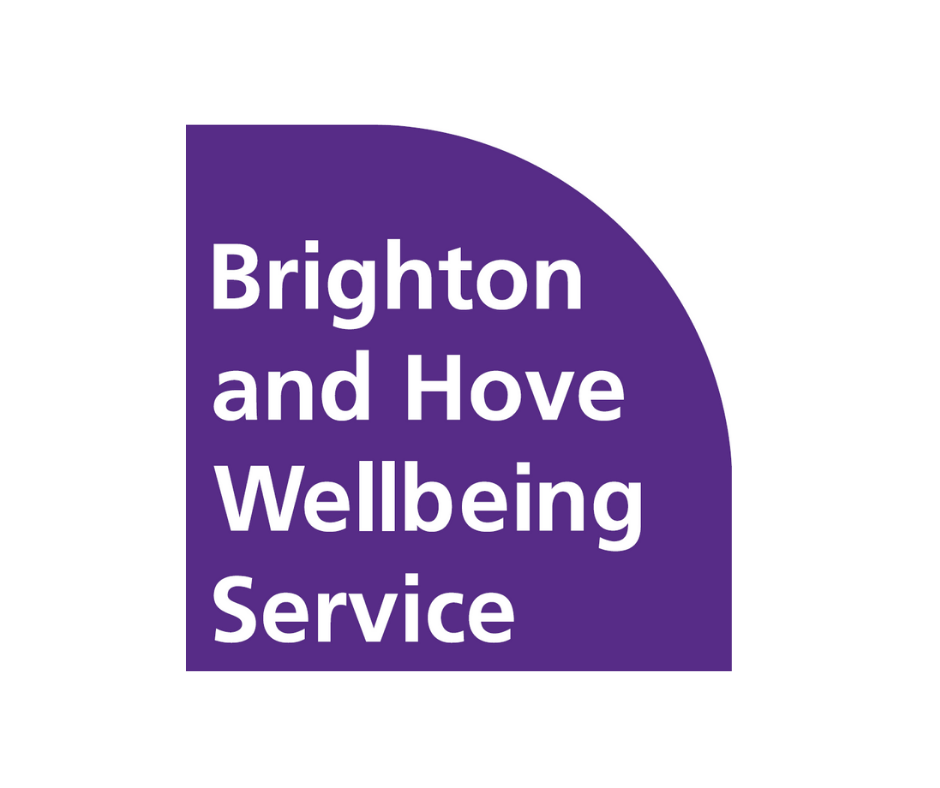The following treatment options are currently available in the Wellbeing Service. Please be aware that depending on demand for services, the options below may change.
Wellbeing Service for Children and Young People (age 4-17)
Our Children and Young People’s service offers support to young people who are experiencing mild depression, anxiety, low self-esteem and relationship issues. We provide a range of community based short term therapeutic interventions for children and young people who do not meet the threshold for Specialist CAMHS.
Interventions include:
Cognitive Behavioural Therapy (CBT)
Face to face Counselling including:
Specialist Black Minority & Ethnic (BME)
Lesbian Gay Bisexual Transgender Queer (LGBTQ) counselling
Play, Drama and Canine Assisted Therapy
Brief Interventions offering support and advice
Family Interventions
Adults 18+
The NHS Talking Therapies service forms a large part of the offer to patients. There are two tiers of support; Step 2 being low intensity and Step 3, high intensity.
IAPT Step 2: Psychological Wellbeing Practitioners (PWPs) offer short courses of around 3 weekly sessions as well as a limited amount of telephone one to one work for 4-6 sessions based on the principles of CBT:
Psycho-education about common mental health problems
Guided self-help treatments for depression & anxiety issues
Computerised CBT (Silvercloud)
IAPT Step 3: Cognitive Behavioural Therapists offer a disorder specific group work programme which offers weekly sessions for around 8-10 weeks. There is also a limited amount of one to one support available face to face which offers an average of 6-10 sessions. CBT is time-limited and goal-specific and is particularly effective for the treatment of:
Adjustment Disorders
Agoraphobia
Body Dysmorphic Disorder (BDD)
Coping with illness/chronic health conditions (e.g. diabetes, cardiac, respiratory)
Depression
Generalised Anxiety Disorder (GAD)
Health Anxiety
Low Self Esteem
Obsessive Compulsive Disorder (OCD)
Panic Disorder
Single Event Trauma resulting in Post-Traumatic Stress Disorder (PTSD)
Social Anxiety
Specific Phobias
Step 3: Counsellors offer one to one counselling sessions for around 6-8 weeks for mild to moderate problems which may be responsive to a counselling approach such as:
Complex bereavement / complex grief
Coping with injury or illness
Depression (where CBT is not indicated as the first choice for treatment)
Developmental or life crises
Emotional, physical or sexual abuse issues (except in the case of active PTSD)
Family relationship issues
Loss, e.g. relationship, employment, health etc.
Self-image and identity issues
Primary Care Mental Health Practitioners (PCMHP) have a background in Social Work, Occupational Therapy or Nursing, and offer short term support to help people to cope at difficult times, prepare people for treatment, or support people to access other appropriate services.
Sometimes if a patient has been assessed in another part of the service, but needs more practical support, we might recommend they see a Practitioner for a short period of time.

